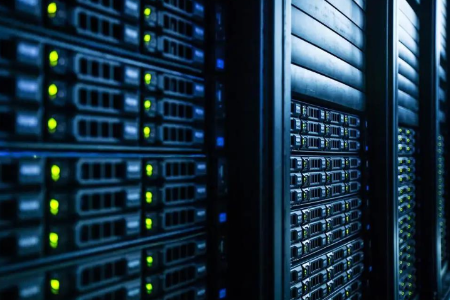Server solid-state drives (SSD) and mechanical hard drives (HDD) are two common storage devices. They are very different in terms of performance, reliability, and applicable scenarios. Here are their main differences:
Performance:
Reading and writing speed: The reading and writing speed of SSD is much higher than that of HDD. Since SSD uses flash memory chips to store data, it allows for faster data access speeds. HDD reads and writes data by rotating disks and mechanical arms, which is slower.
Random access time: The random access time of SSD is very short because the data can be accessed immediately, while HDD needs to wait for the disk to rotate to the correct position.
Durability:
Lifespan: The lifespan of SSD is usually shorter than that of HDD because the flash memory chip has a limit on the number of writes. However, modern SSDs have better durability and longevity, especially enterprise-grade SSDs.
Shock resistance: SSD has no moving parts, so it is more resistant to vibration and shock, and is suitable for environments that require high reliability.
Power consumption and heat generation:
Power Consumption: SSDs are generally more energy efficient than HDDs because they do not require spinning disks. This can reduce the running costs of the server.
Heating: SSDs generate less heat, helping to keep the temperature of the server stable.

cost:
Cost: SSDs are generally more expensive and cost more per GB of storage than HDDs. This may have an impact on budget, especially for scenarios requiring large storage capacity.
Applicable scene:
Read and write intensive applications: SSD is suitable for applications that require fast read and write and random access, such as databases, virtualization, large-scale data analysis, etc.
Large-capacity storage: HDD is suitable for scenarios that require large-capacity storage and do not have particularly high performance requirements, such as file storage, backup, etc.
Generally speaking, SSD has obvious advantages in performance and response speed, and is suitable for applications that require high speed and response time. HDD has advantages in cost and storage capacity, and is suitable for scenarios where large-capacity storage is required. When selecting a server drive, these factors need to be weighed against your specific application needs and budget.

 EN
EN
 CN
CN








